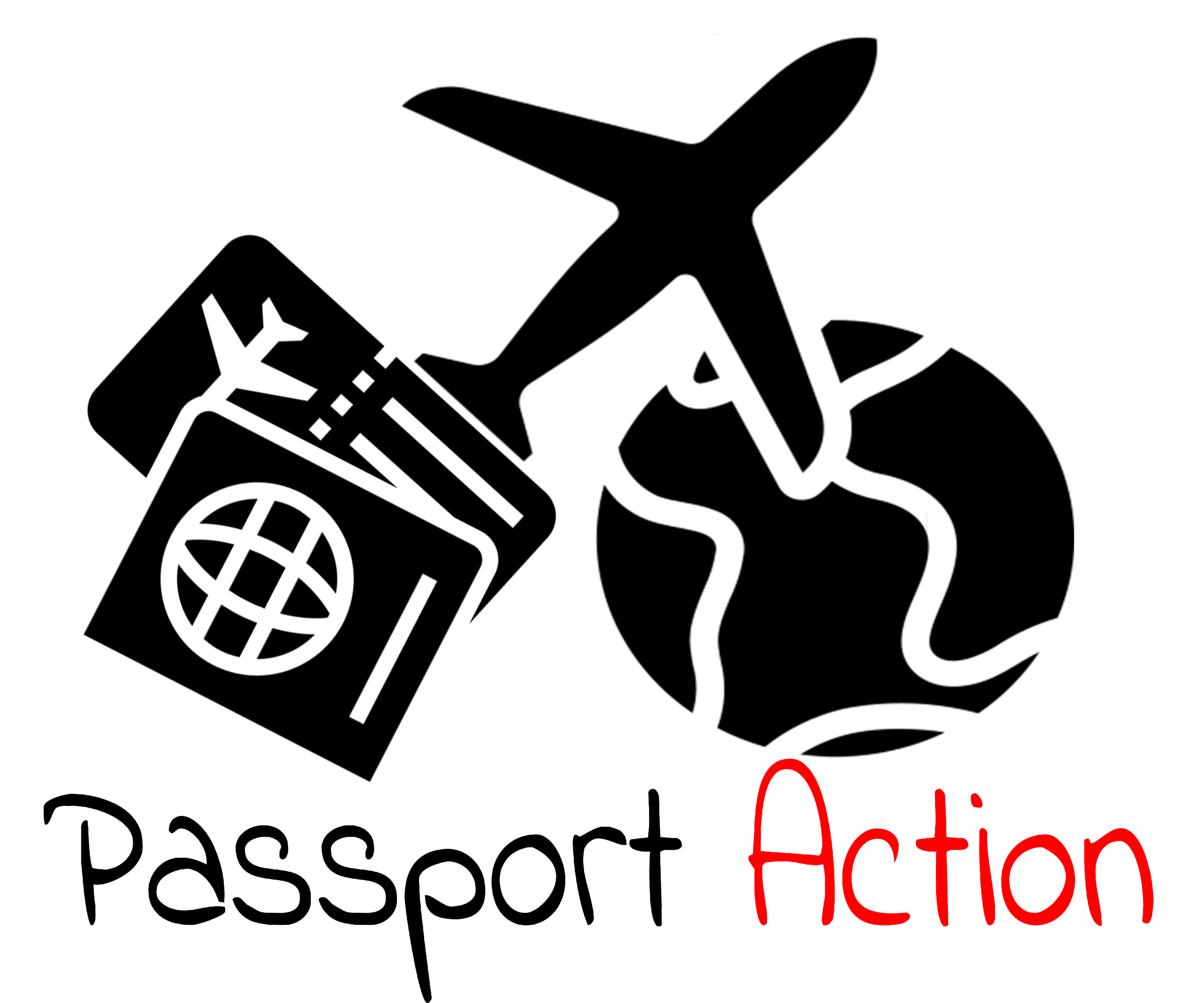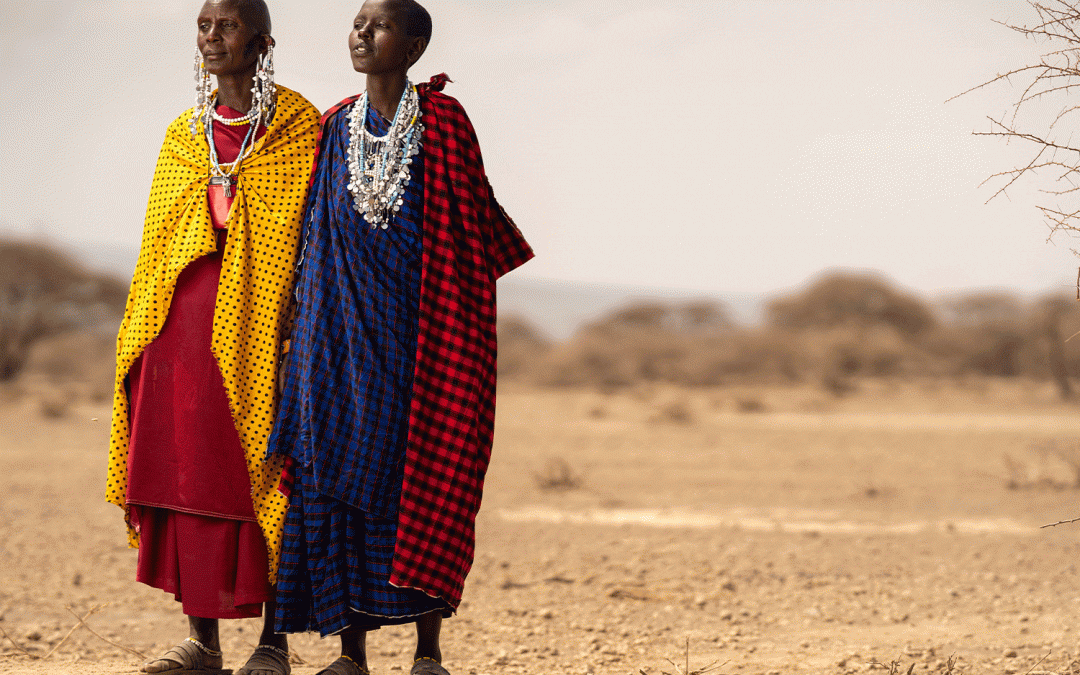What Language is Spoken in Tanzania
Tanzania is a linguistically diverse country, with more than 120 ethnic groups, each speaking its own language or dialect. However, there are two official languages in Tanzania: Swahili and English. These languages serve as lingua francas, facilitating communication among the various ethnic groups and playing essential roles in education, government, and business.
Swahili (Kiswahili)
Swahili, also known as Kiswahili, is the most widely spoken language in Tanzania. It is a Bantu language with significant influences from Arabic, Persian, and other languages due to historical trade connections along the East African coast. Swahili serves as the national language, and most Tanzanians speak it as either their first or second language.
Swahili is not only spoken in Tanzania but also in neighboring countries such as Kenya, Uganda, Rwanda, Burundi, and the Democratic Republic of Congo. It is considered the lingua franca of East Africa, with an estimated 100 million speakers across the region.
In Tanzania, Swahili is the primary medium of instruction in primary schools, while English is introduced as a subject and becomes the medium of instruction in secondary schools and higher education institutions.
English
English is the second official language in Tanzania and plays a significant role in education, government, and business. It was inherited from the British colonial period and has been maintained as an official language since Tanzania gained independence in 1961. English is used as the medium of instruction in secondary schools, universities, and other higher education institutions.
In addition to its role in education, English is commonly used in official government communications, legal proceedings, and international business transactions. Many Tanzanians who work in tourism, international organizations, or multinational companies are proficient in English. During my visits to Tanzania, I have found that it is harder to be understood with my American Accent. I had a lot of people that spoke English tell me that it was more difficult to understand me. When I went out and enjoyed Tanzania Nightlife there are some people that didn’t speak english at all so its important to try and learn some Swahili.
Indigenous Languages
As mentioned earlier, Tanzania is home to more than 120 ethnic groups, each with its own language or dialect. Some of the larger ethnic groups and their respective languages include the Sukuma (spoken by the Sukuma people), Chaga (spoken by the Chaga people), and Haya (spoken by the Haya people). While these indigenous languages are primarily spoken in rural areas and within specific ethnic communities, they remain an essential aspect of Tanzania’s rich linguistic and cultural diversity.
In conclusion, Tanzania is a linguistically diverse country with Swahili and English serving as official languages and playing crucial roles in communication, education, and administration. The numerous indigenous languages spoken across the country contribute to Tanzania’s vibrant cultural tapestry and highlight the nation’s rich heritage.
What languages are spoken in Zanzibar?
- Swahili
- English
- Arabic
Zanzibar, an archipelago off the coast of Tanzania, is home to a rich linguistic and cultural heritage. The primary language spoken in Zanzibar is Swahili (Kiswahili), which is also the national language of Tanzania.
Swahili is spoken in Zanizbar
Swahili has a long history in Zanzibar, as the island was an important center of trade and cultural exchange along the East African coast. The Swahili spoken in Zanzibar is considered a classic and pure form of the language, often referred to as “Kiunguja” – named after Unguja Island, the main island of Zanzibar.
English is spoken in Zanzibar
In addition to Swahili, English is also spoken in Zanzibar, particularly in the tourism and hospitality sectors, as well as by individuals working with international organizations or businesses. English is used for communication with foreign visitors and plays a significant role in education, as it is the medium of instruction in secondary schools and higher education institutions in Tanzania.
Arabic is Spoken in Zanzibar
Arabic has historical ties to Zanzibar due to centuries of trade and cultural exchange with Arab nations. While not as widely spoken as Swahili or English, Arabic can still be heard among some residents, particularly those with family connections to the Middle East or those involved in Islamic religious institutions.
In summary, the main languages spoken in Zanzibar are Swahili and English, with some residents also speaking Arabic. The linguistic landscape of Zanzibar reflects its rich history of trade, cultural exchange, and diverse influences from Africa, the Middle East, and Europe.
Is it difficult for Americans to Learn Swahili?
For Americans, the difficulty of learning Swahili may vary based on factors such as individual language aptitude, prior experience with foreign languages, and motivation. However, there are several aspects of Swahili that make it relatively accessible for English-speaking Americans:
Straightforward Grammar
Swahili grammar is considered simpler than that of many European languages. For example, Swahili has no gendered nouns, so learners do not need to memorize gender rules or agreement patterns like in languages such as French, Spanish, or German. Additionally, Swahili verbs are generally regular, making it easier to learn and apply verb conjugation rules.
Pronunciation and Spelling
Swahili pronunciation is relatively straightforward, as the language is mostly phonetic, meaning words are pronounced as they are spelled. This consistency makes it easier for English speakers to grasp pronunciation rules and read written Swahili. The Swahili alphabet is based on the Latin script, which is also used in English, making it familiar and easy to learn.
Vocabulary Borrowings
While Swahili is a Bantu language, it has borrowed a significant amount of vocabulary from other languages, including English. English-speaking Americans may find some Swahili words familiar, making it easier to learn and retain new vocabulary.
However, there are aspects of Swahili that could be challenging for Americans:
Noun Classes
Swahili has a complex system of noun classes, which categorize nouns based on their meaning or characteristics. Each class has its own set of agreements for adjectives, pronouns, and verb conjugations. This system can be challenging for Americans to master, especially for those who are not familiar with similar systems in other languages.
Limited Exposure
In contrast to widely taught languages like Spanish or French, Americans may have limited exposure to Swahili, making it more challenging to find resources and opportunities for practice. However, there are still numerous online resources, language courses, and language exchange platforms available for learning Swahili.
In conclusion, while learning Swahili may present some challenges for Americans, it’s straightforward grammar, pronunciation, and spelling, as well as the presence of familiar vocabulary, make it relatively accessible for English speakers. With dedication, practice, and access to quality resources, Americans can successfully learn Swahili and enjoy the benefits of speaking this widely spoken African language.
10 Words you should learn in Swahili Quickly
Hakuna Matata – it means don’t worry. I know that sounds familiar lol. If you ever watched the movie lion king they helped some of learn some words in Swahili without even noticing it.
Here is a list of 10 common Swahili words and their meanings in English. These words can serve as a basic introduction to the Swahili language for beginners:
- Jambo – Hello
- Jambo is a common greeting in Swahili, used to say hello or welcome someone.
- Asante – Thank you
- Asante is used to express gratitude or appreciation, similar to “thank you” in English.
- Rafiki – Friend
- Rafiki means friend in Swahili and is used to refer to someone with whom you share a close relationship.
- Habari – News or information
- Habari is often used in greetings to ask how someone is doing, similar to “what’s up?” or “how are you?” in English. For example, “Habari yako?” means “How are you?”
- Chakula – Food
- Chakula refers to food or a meal in Swahili. It is commonly used when discussing meals or eating.
- Maji – Water
- Maji is the Swahili word for water, an essential resource for life.
- Ndiyo – Yes
- Ndiyo is used to affirm or agree with something, similar to “yes” in English.
- Hapana – No
- Hapana is used to negate or disagree with something, similar to “no” in English.
- Safari – Journey or trip
- Safari is a Swahili word that has been adopted into English to describe a wildlife expedition, particularly in East Africa. In Swahili, it can refer to any journey or trip.
- Kwaheri – Goodbye
- Kwaheri is used to bid farewell or say goodbye to someone in Swahili.
These 10 common words provide a glimpse into the Swahili language and can be helpful for anyone starting to learn this widely spoken African language. As you continue learning, you will discover many more words and phrases that will enrich your understanding of Swahili and its cultural context.

